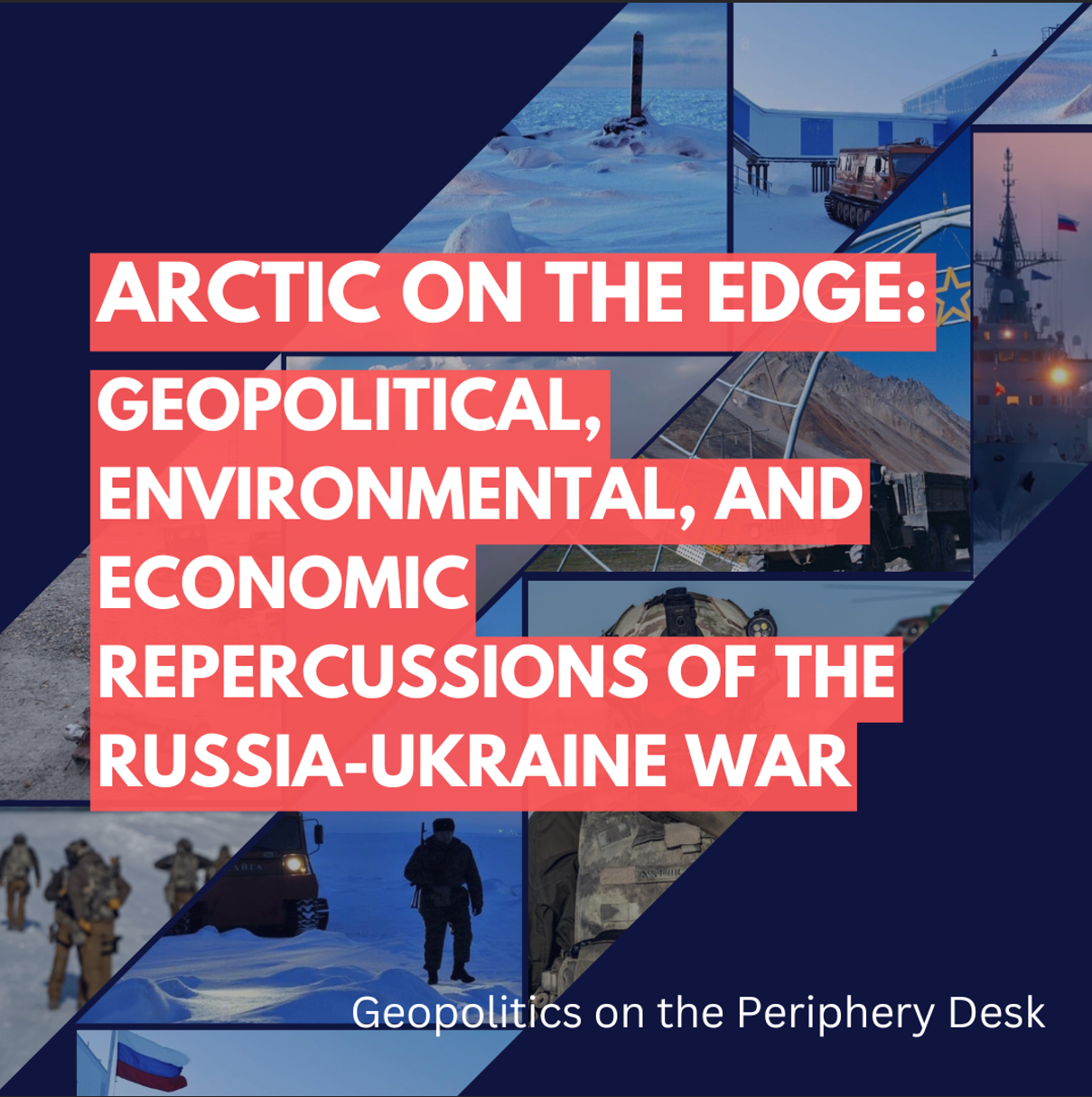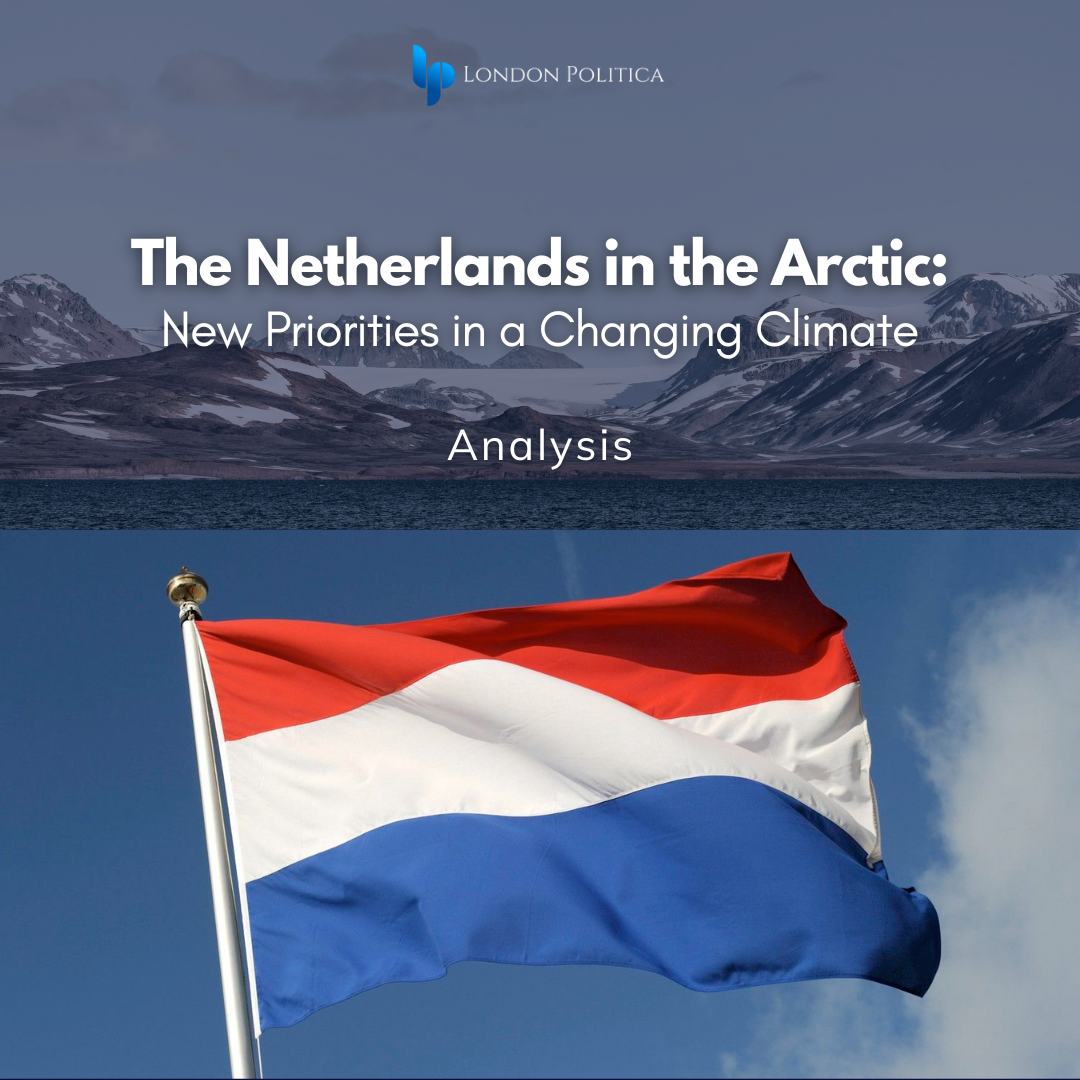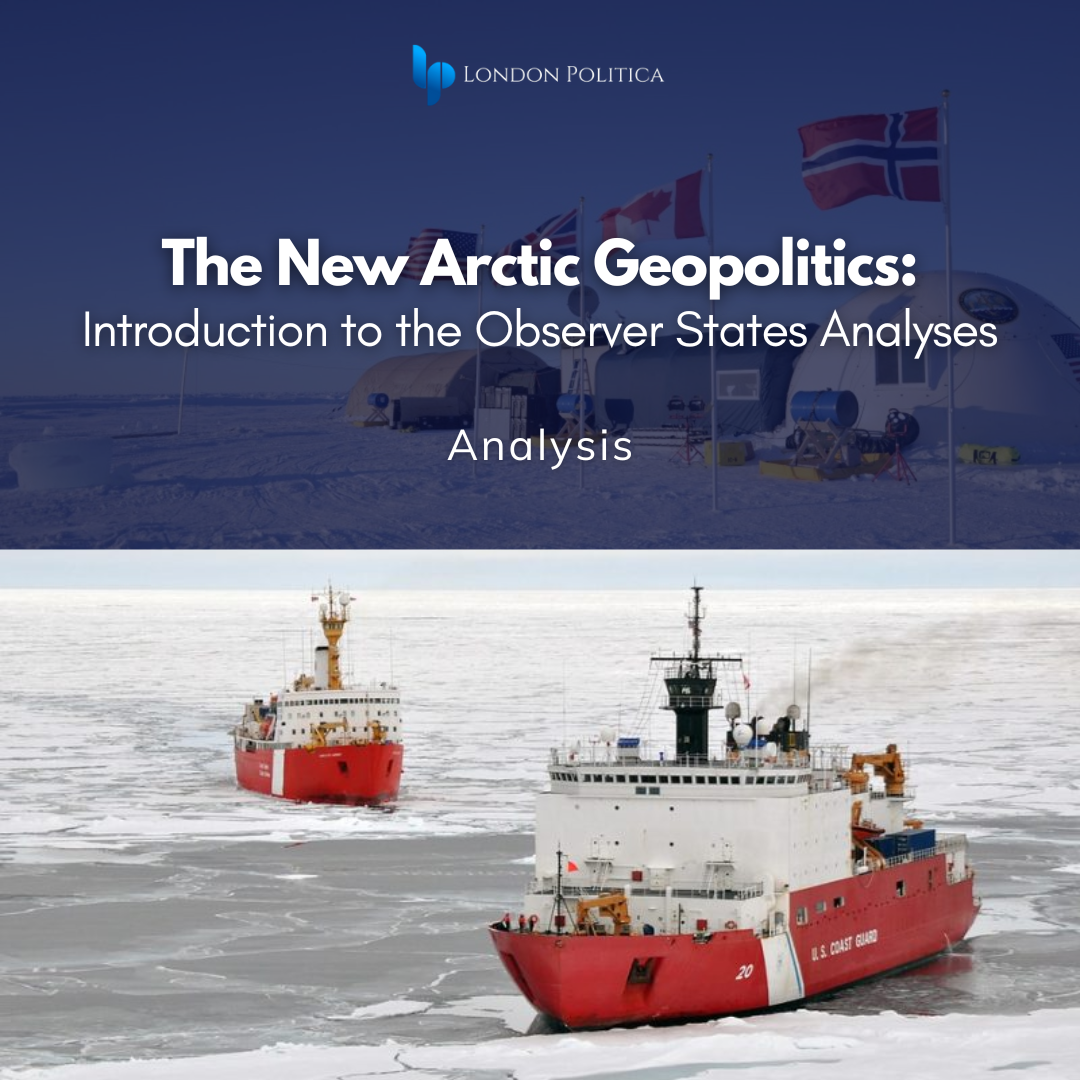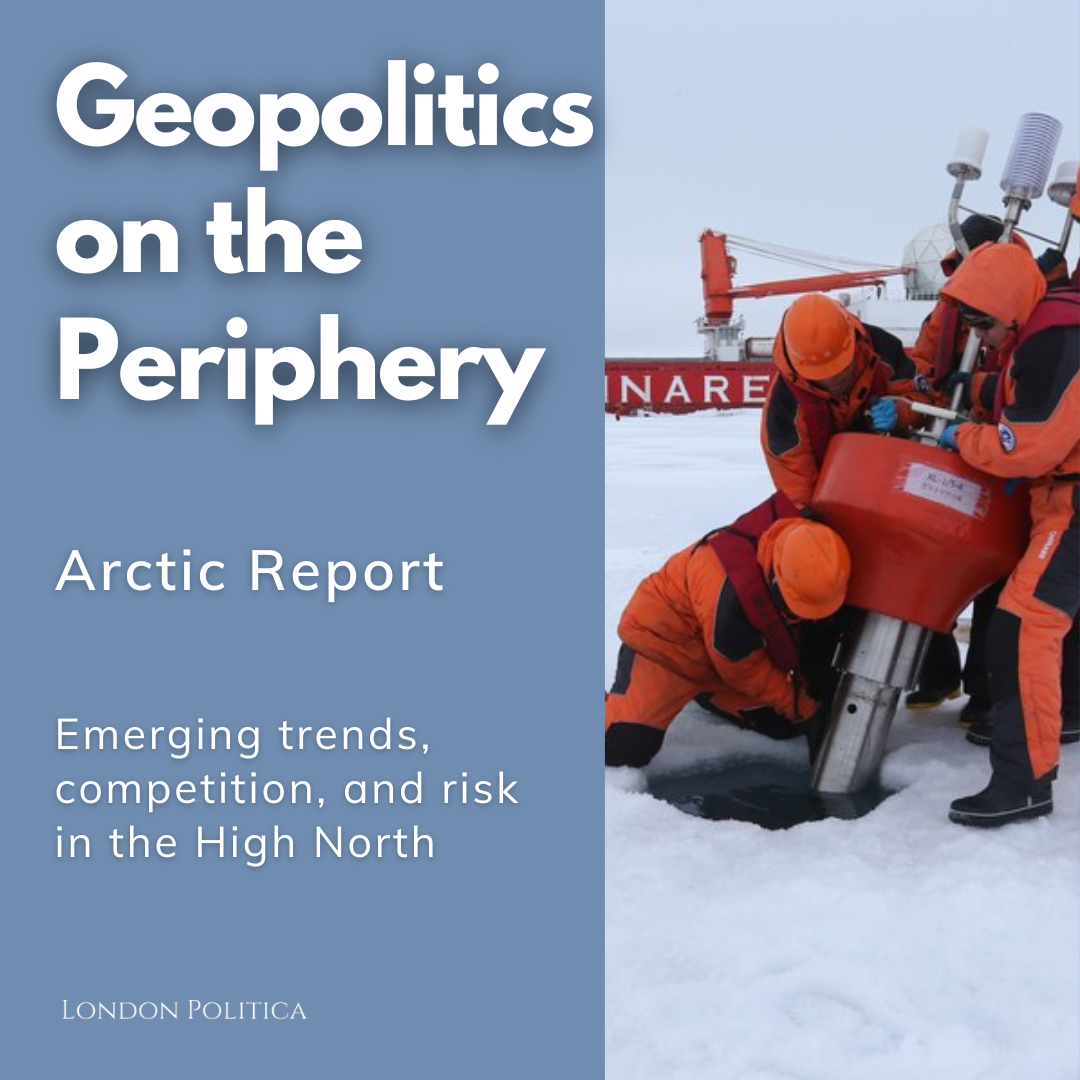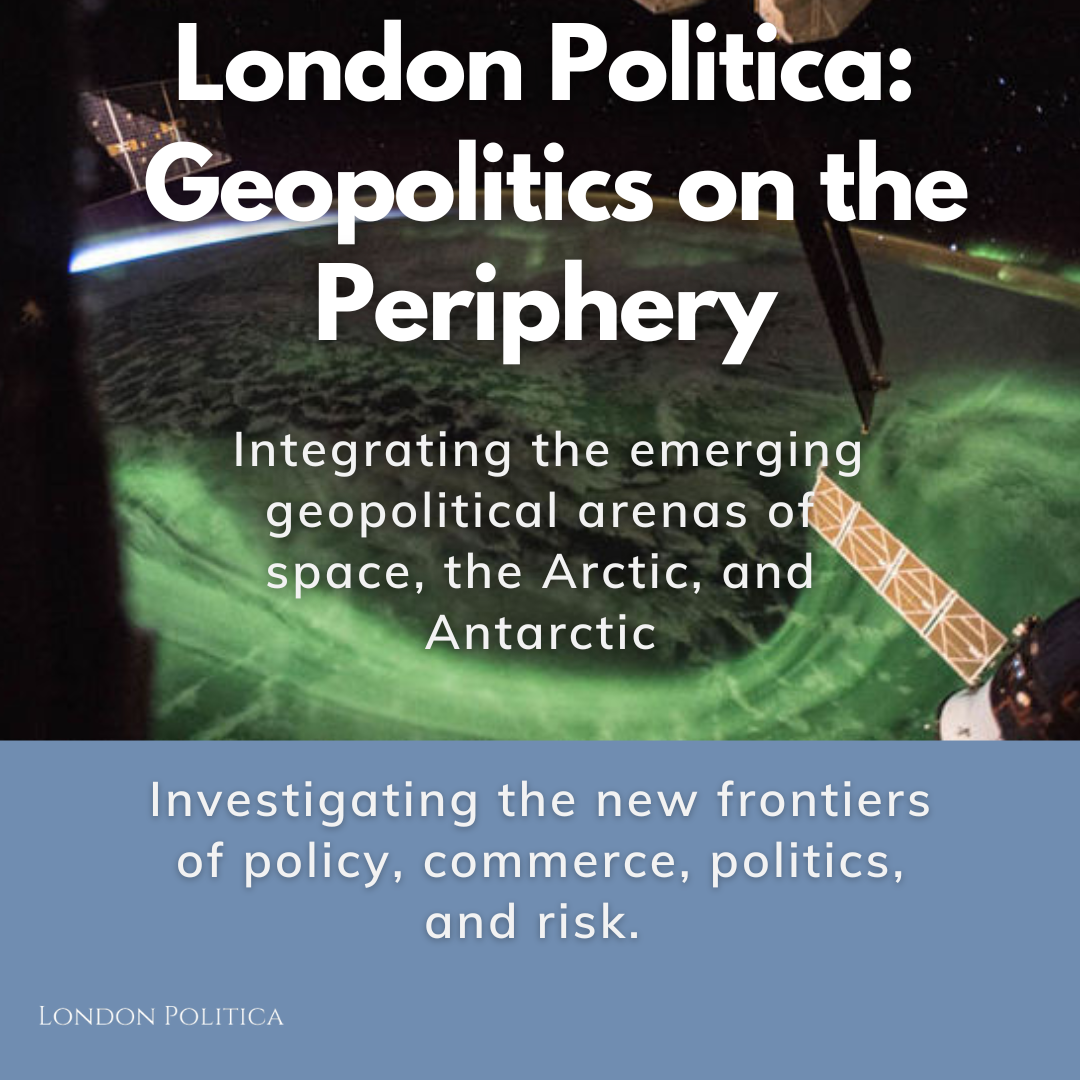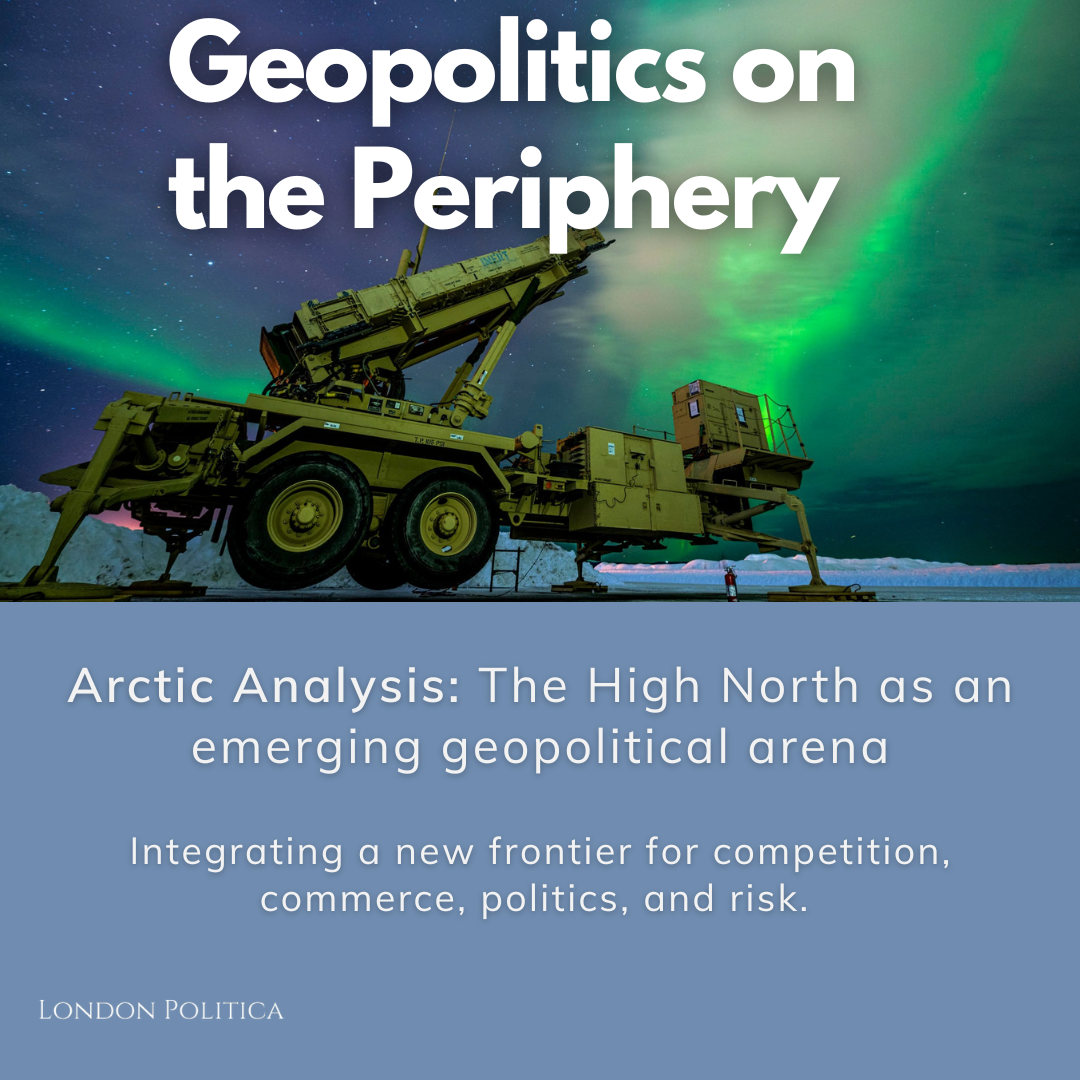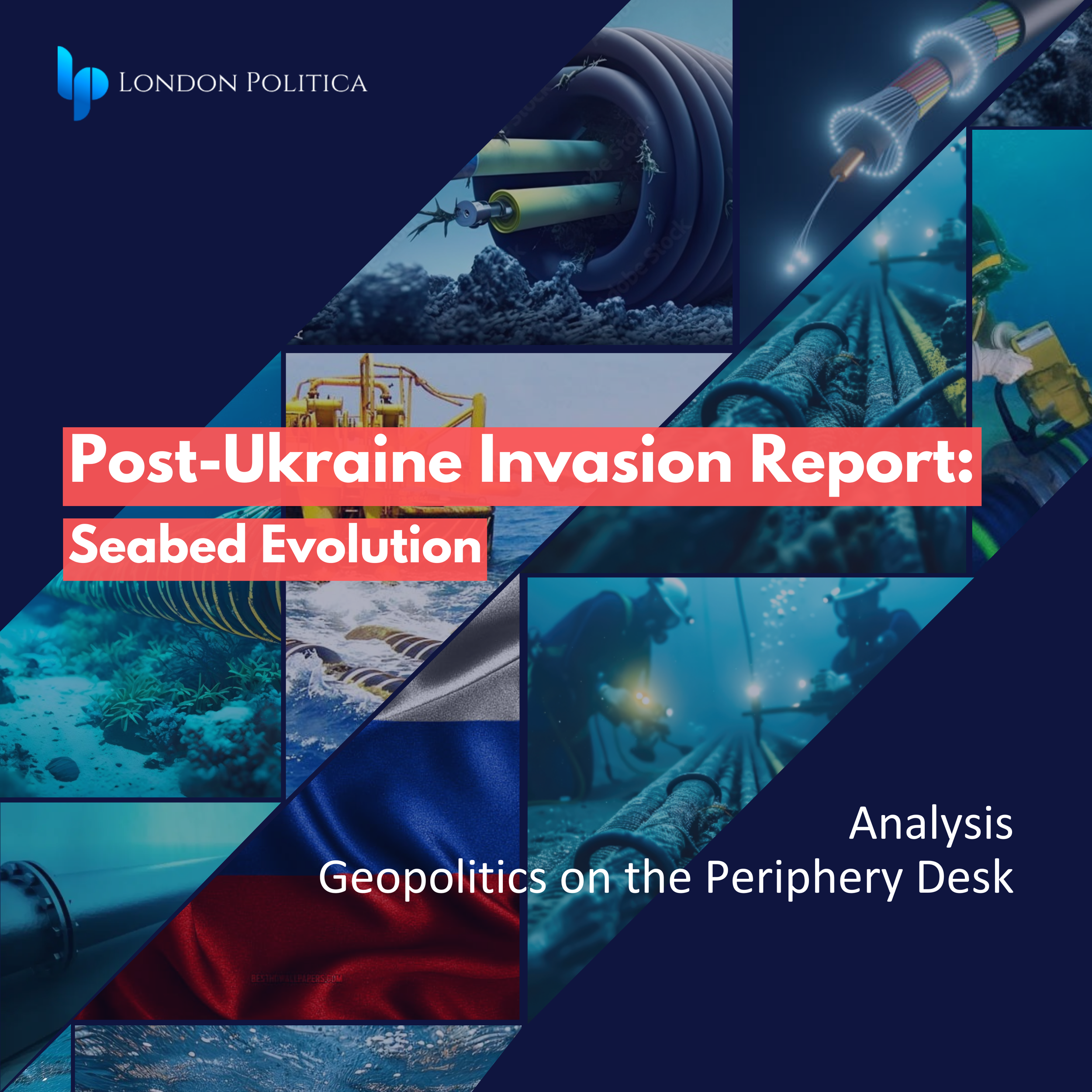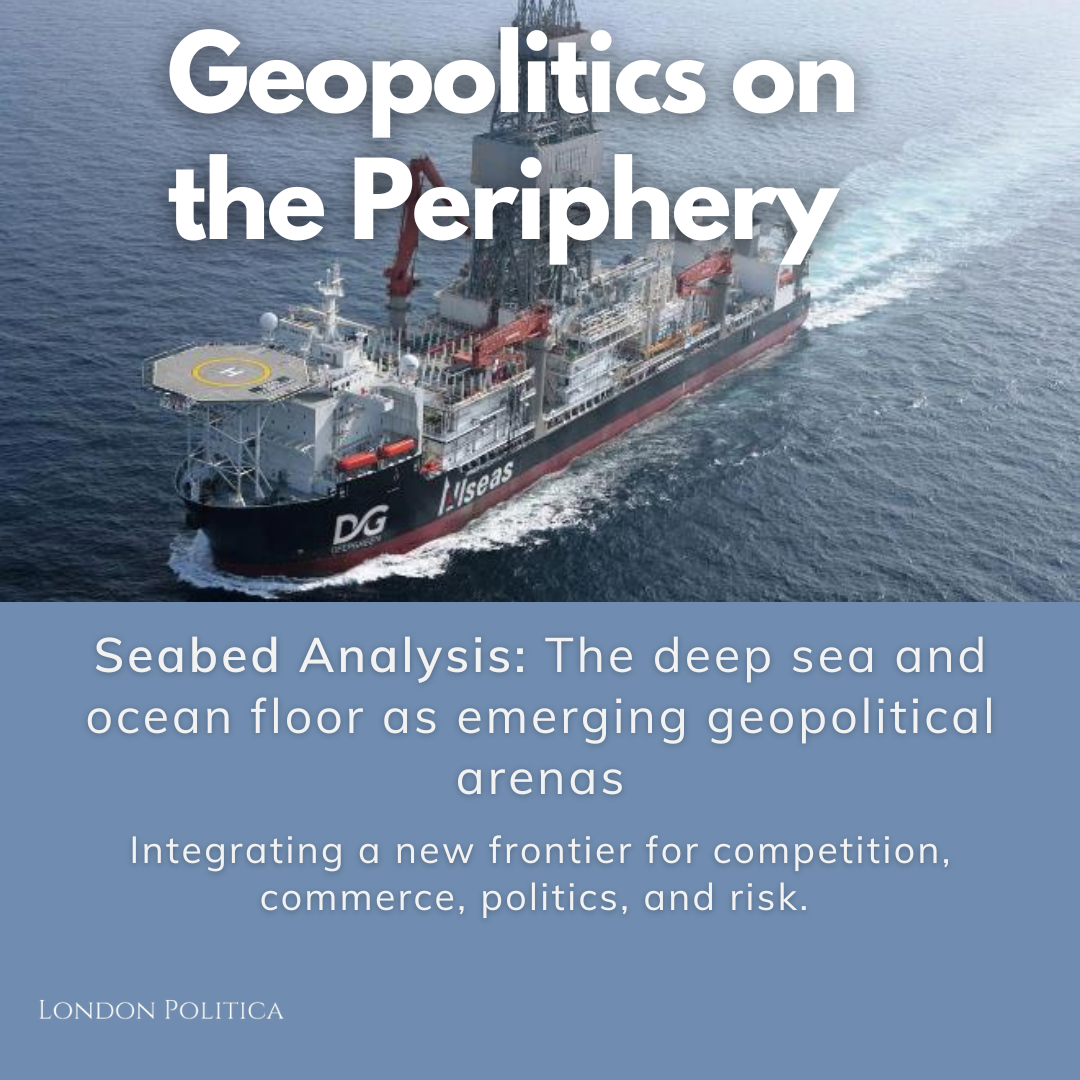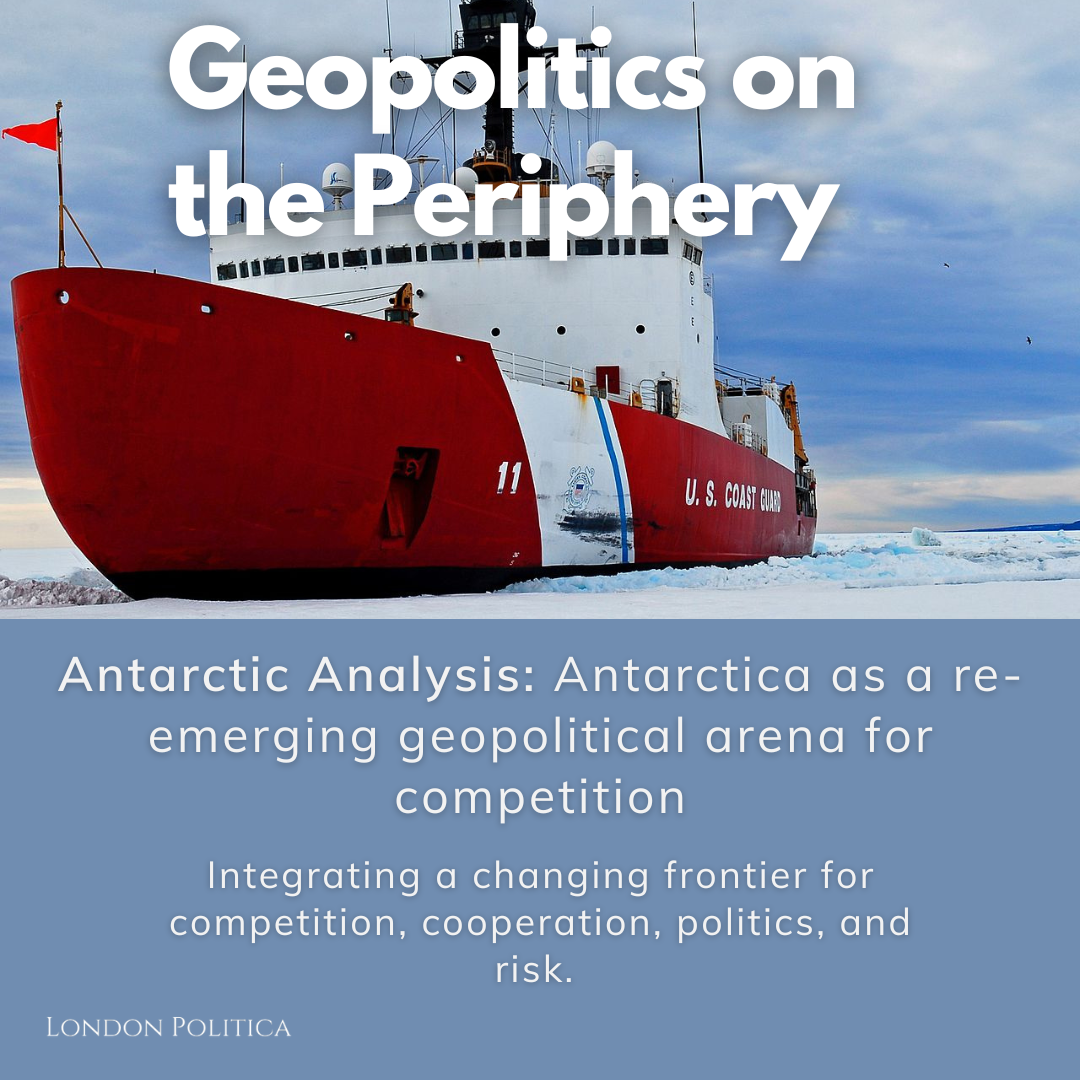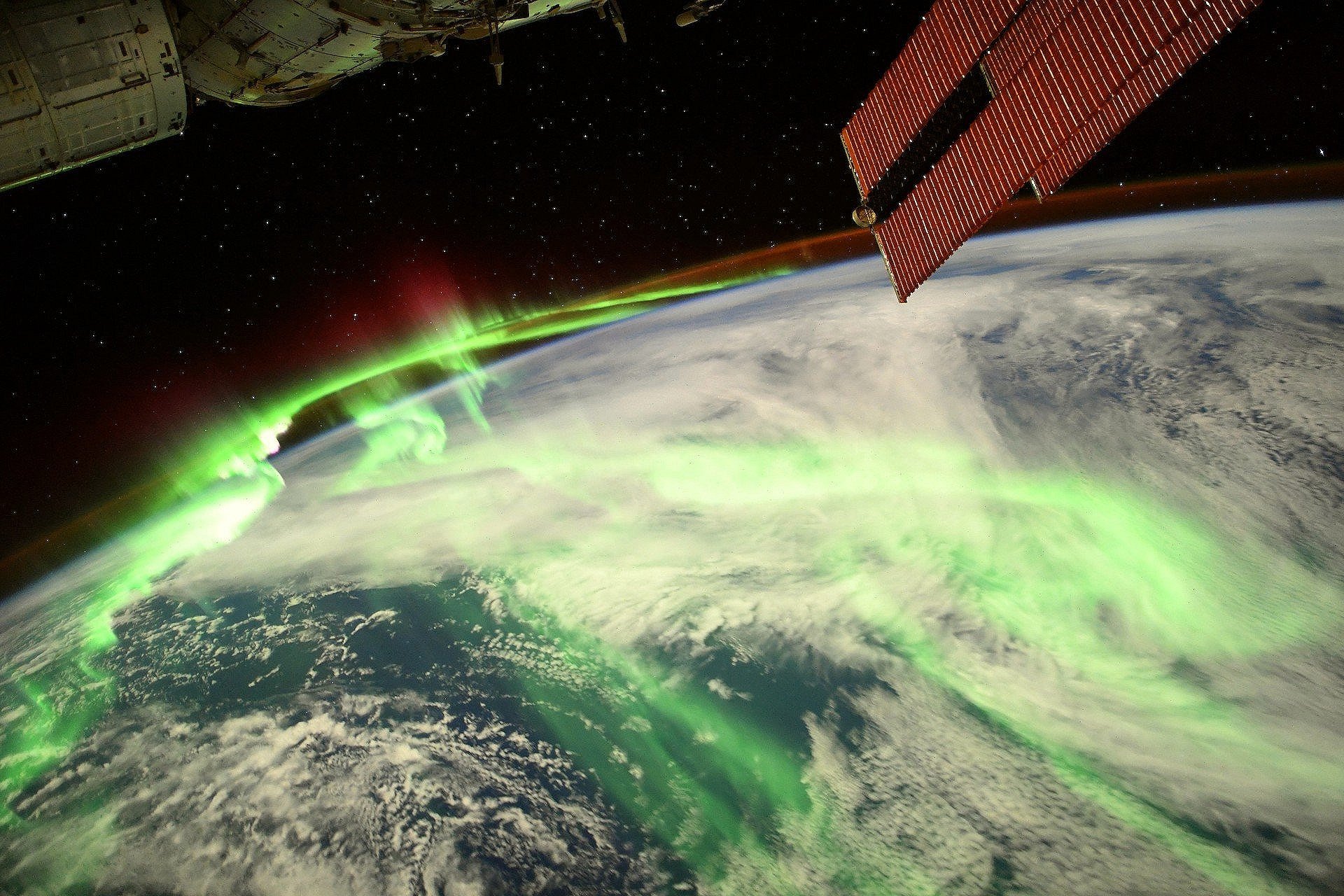
Geopolitics on the Periphery Desk
Providing actionable insight and uncovering the emerging geopolitics of Space, the Arctic, Antarctic, and Seabed.
If you are in need of bespoke and tailored analysis, or wish to collaborate with this programme, please contact us here.
Programme Director: Romain Le Dily
Deputy Director: Ben Martin
Senior Analysts: Sarah Lok, Sasha Takeuchi
Research Analysts: Addie Wright, Alessandro Di Lorenzo, Campbell Clarke, Radia Mernissi, Robin Staes-Polet, Ryan Sauer, Theo Picard, Will Harvey-Powell.
Latest Analysis
Mission statement
This programme seeks to uncover the emerging and overlooked geopolitical arenas of Space, the Seabed, Arctic, and the Antarctic and integrate them into the wider global context of political and geopolitical risk. These four arenas share significant geopolitical similarities despite their obvious physical differences; most particularly, each steadily offers a new frontier for potentially lucrative economic opportunities while increasingly facing the full spectrum of great and small power competition.
We will provide actionable insight and analysis regarding the emerging trends, issues, opportunities and risks to be found in these frontiers from a geopolitical, commercial, security and policy perspective. We hope to provide stakeholders with the thought leadership to allow them to best understand, navigate, and successfully operate within these rapidly changing spheres.
Media and Events
Geopolitics on the Periphery: Space
With “New Space” (that is the global economy of space and related activities) set to be worth $1 trillion by 2040, the commercial importance of this frontier is only increasing. However, the international treaties and regulations providing the framework for space-related exploitation (most famously the UN Outer Space Treaty) are open to significant interpretation, with increasing governance gaps, and are at risk of being overtaken by events. Indeed, no binding agreements have been made regarding space since the 1970s due to the diplomatic pressures and political spill-over which affect all interested parties. Now, with government and private stakeholders once more heavily investing in this frontier, rising geopolitical tensions and competition has meant instability and risk are likely to be a persistent norm for this emerging arena.
The Artemis Accords Explained
This series of articles, conceptualised and led by Prakriti Singh, will analyse and explore the development and impact of the Artemis Accords- the largest emerging space governance bloc.
India in the Second Space Age
This series, conceptualised and led by Ridipt Singh, explores the space-related strategic, economic, and policy developments of India; a potentially major player in the 21st Century astropolitical and “New Space” landscape.
Space Analysis
Analysis of events, trends, opportunities, and risks emerging in the new frontier of space.
Geopolitics on the Periphery: The Arctic
The Arctic is one of the “least governed” regions on Earth (indeed space has a more comprehensive multilateral framework). Climate change-induced ice melt is creating new commercial opportunities (for shipping, services, bioresources and minerals especially) and security challenges within the region while attracting the attention of significant outside actors who are also interested in exploiting these new economic and strategic opportunities. The Arctic has shifted from being its post-1990 “High North, Low tension” to an arena of competition and militarisation.
Arctic Overview: Rising Tensions in a Melting Arctic
Part 1 Risks and Opportunities- Explores the impact of climate change on the region, and the new economic and political opportunities this has created (by Samuel Jardine, January 2021).
Part 2 Militarising a Melting Arctic- Addresses the political implications wrought by a melting Arctic and explores factors contributing to, though not driving, tensions between Arctic-interested powers (by Samuel Jardine, February 2021).
Part 3 What is driving rivalry and competition in the Arctic?- Tackles the factors that are directly responsible for driving international tension, rivalry and competition in the region (by Samuel Jardine, February 2021).
Chinese Policy in the Arctic
Our 'Chinese Policy in the Arctic' series aims to explore the relations between China and the Arctic states, specifically their interests and corresponding activities in the Arctic territory. As geopolitical tension spills over into the peripheral areas of the world, they become of increasing importance for future peace and stability in the international arena and notably for crucial actors like China.
Our team of research analysts presents a deep-dive series of articles on each of the Arctic Council members with a view to assessing the impact Chinese involvement has on the social, economic, and security development in the region, as well as the wider implications for Arctic governance and continuing Chinese influence.
This is a collaborative series between the Geopolitics on the Periphery Programme and China Watch. It is conceptualised and led by Eva Kristinova. Its team is Léo Courvasier, Mohammad Ali Zafar, Raphaela Douglas, and Rishika Singh.
Arctic Reports and Briefs
Comprehensive Reports and Briefs regarding the changing situation in the Arctic.
Arctic Analysis
Analysis of events, trends, opportunities, and risks emerging in the Arctic from a political, economic, and geopolitical perspective.
Geopolitics on the Periphery: Seabed
Our seabeds are filled with increasing opportunities for exploration and exploitation. Deep sea mining and seabed infrastructure are just two small elements that are fast becoming part of humanity’s vertical expansion of spatial capability. Such seabed opportunities, however, sit alongside and actively create increased political risk and geopolitical tensions; be that from the contentious governance space deep sea mining occupies in climate mitigation and governance policies, to how the weaponisation of critical mineral and rare earth supply chains is pushing states to secure “friendly” sources of these key elements beneath the waves. Similarly, the utilisation of “grey zone” strategies as tools of competition between strategic rivals place undersea communications cables, pipelines, and other infrastructure on the frontlines of security.
Seabed Analysis
Geopolitics on the Periphery: The Antarctic
The Antarctic is a continent governed by an international treaty (the 1961 Antarctic Treaty System signed) after escalating tensions over claims and influence brought the continent to the brink of conflict several times over the 1942-1959 period. Despite its internationalisation in the name of science, cooperation, and peaceful use, competition has continued and is escalating. Claims were frozen and not resolved and the parameters of competition merely narrowed from military interventions to activity, lawfare, and treaty article politicisation. Climate Change’s impact upon the Antarctic, hoped-for (or feared) economic and strategic opportunities and the rise of states like China have seen a multitude of new signatories join the consensus-based ATS with very different ideas about the future of the continent. The necessity to compromise is potentially seeing the ATS shift towards being more exploitation permissive, increasing the scope for competition, and has meant that expanding the ATS to address new issues such as Antarctic tourism (linked to disputes over sovereignty) is incredibly difficult. This is creating growing governance gaps at a time when the looming 2048 renegotiation of the ATS’ Environmental Protocol, which banned resource exploitation, could see the ATS severely undermined, it being taken as a referendum on the treaty system itself. Antarctica is once again on the path to becoming a significant arena of competition and geopolitics.
Antarctic Claims
Our “Antarctic Claims” project seeks to examine the geopolitical implications surrounding the division of the world’s least populated continent. Through this lens, we explore how national sovereignty and internationalism (embodied by the Antarctic Treaty System) not merely coexist, but form a mutually supportive and antagonistic relationship to Antarctic governance, while also exploring some of the frozen political and geopolitical flashpoints that history has left, and which current climate and geopolitical environments are potentially set to reheat.
This project consists of four articles organised in a series, each approaching the issue from the perspective of one or two countries that officially maintain claims on Antarctica. The project was conceptualised and led by Istvan Miskolczy. Its team is Guillermo Robles Downey and Joakim Enrique Carli.
Antarctic Analysis
Analysis of the trends, opportunities, and risks in the re-emerging geopolitical arena of the Antarctic.
Interested in our work?
If you would like to collaborate and write with us, send us an email.

















































